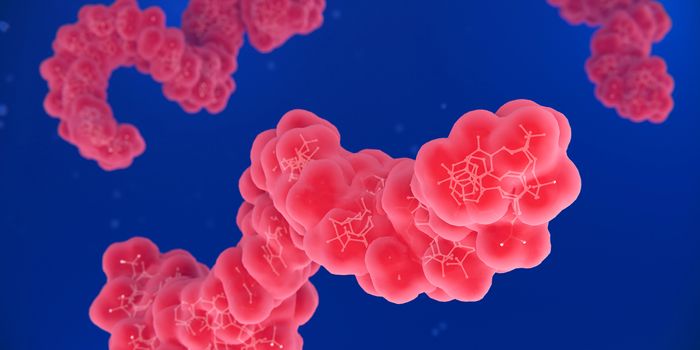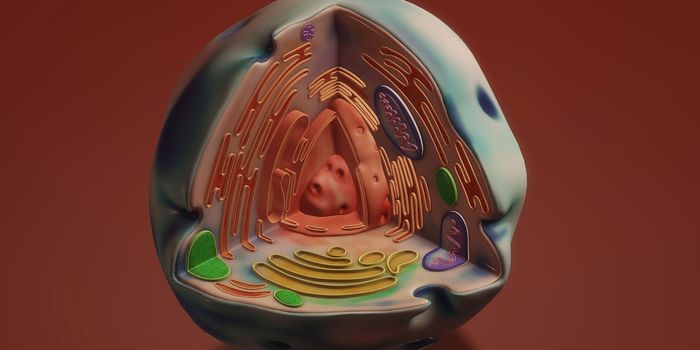Non-Invasive Gene Therapy Holds Promise for Treating Blindness
Researchers at John Hopkins Medicine have found a way to deliver sight-saving gene therapy to the retina. Having already shown success in treating rates, pigs and monkeys with inherited retinal degeneration, should this treatment can also be effective in humans, it may be able to become a more permanent therapeutic option for patients with common diseases such as age-related macular degeneration.
Currently, gene therapy approaches for inherited eye disorders carry a high risk for patients. For example, the current gene therapy approach for treating Leber congenital amaurosis, an inherited eye disorder, involves a surgical procedure that detaches the retina to inject the gene-carrying virus underneath it. Beyond a risk of retinal detachment, this procedure carries a high risk of patients developing cataracts alongside other vision-threatening complications (John Hopkins Medicine: 2019).
This is where the new gene therapy approach differs. Unlike other treatments, it is minimally invasive. Rather than involving a surgical procedure, this approach uses a small needle to inject harmless, genetically engineered viruses into the eye’s suprachoroidal space, the space between the white of the eye and the eye’s muscular layer. From there, the virus may then spread throughout the eye to deliver its therapeutic effects (Ding: 2019).
Due to its lack of invasiveness, the researchers recognise that this treatment may be used on an outpatient basis, making it more accessible than previous methods for gene therapy. According to Peter Campochiaro, a Professor of Ophthalmology and Neuroscience at the John Hopkins University School of Medicine, "The best time for patients with inherited retinal degeneration to receive gene therapy treatments is when they still have fairly good vision. However, at that time, they also have more to lose from complications. The ability to offer a safer, more convenient procedure would be a breakthrough (John Hopkins Medicine: 2019)."
Although this gene therapy shows promise, the researchers nevertheless noted that further research, as well as human trials, are needed to secure its efficacy before it can be available to the public. Despite this however, they hope that suprachoroidal injections in this way may soon prove to be a viable treatment option for large numbers of patients with wet age-related macular degeneration as well as other common inherited disorders.
Sources
Ding, Kun: JCI









